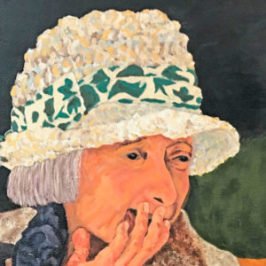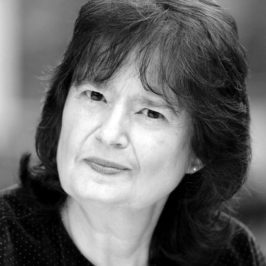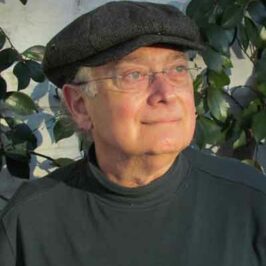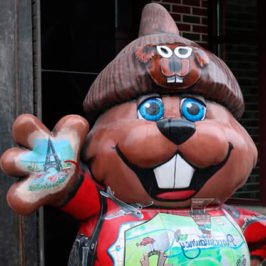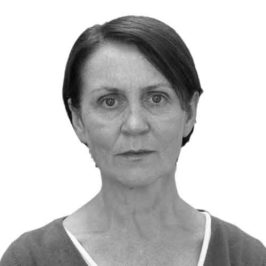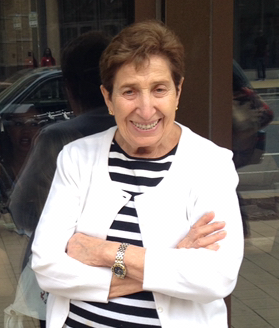
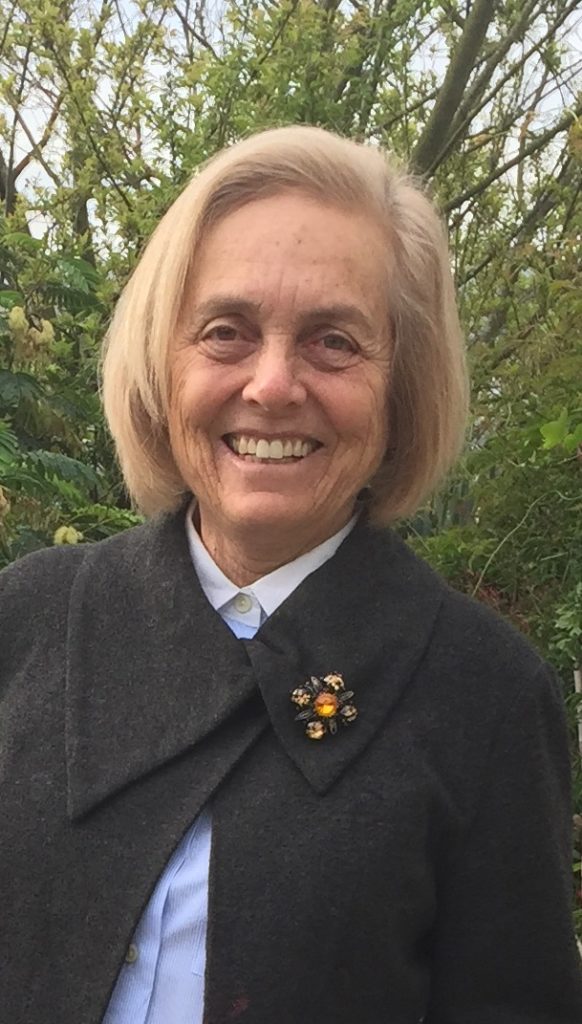


Four poems from the new poetry contest issue, by Marie Fochios, Gail Newman, Colleen Anderson and Jan Mordenski.
7 minutes
TRANSCRIPT
Passager just published its annual poetry contest issue, with work from 40 honorable mentions plus the winner. Next week’s Burning Bright will feature work by 2021 Passager Poet Gail DiMaggio. On this episode, four pieces from that issue by other poets.
Marie Fochios said she’s fascinated by the haibun, a poem that combines haiku with a short prose selection. The two forms echo but do not directly imitate each other. She said, “The haibun provided the perfect hybrid form for expressing my feelings about writing a memoir.”
The family asks me again and again, Mom, why don’t you write your memoir?
I give them many excuses. Later, I don’t have time right now. They keep
pestering me. Mom, you have lots of time. I smile and move away. Perhaps
someday soon – but I know that day will never come. The past belongs to me
alone.
labyrinthian
darkness and terror and rage
why would I return
“Memoir” by 96-year old Marie Fochios. The haiku, by the way, is at the end of the poem. You can see it more clearly if you click on the written transcript of this program.
Gail Newman said she’s been writing about and puzzling over time and memory, how the present holds the past, how some memories brighten while others fade and grow dim. Here’s her poem “Snapshot.”
My father snapped a Kodak
as I balanced on the raised
stone ledge of a fountain,
waving to my mother who
stood at the hospital window
in a striped bathrobe,
her eyes shadowed
with pain – or was it loss?
My father’s hand a vise
on my ankle capped
in cotton socks,
the Mary Jane buckles
linked on the last hole.
I was seven, maybe eight.
At what age do we begin
to remember, and what
does the mind choose,
if it is a choice, to forget?
So much is lost to me now
and so much once lost,
comes back. The sun’s
panels laid flat on the walkway
and the spice of grass freshly cut,
jasmine billowing along the fence,
and doves, not the faces, but
their song, a kind of music
like moaning or prayer.
Memory, I haul it behind me,
a red wagon, trundling
on crooked wheels.
“Snapshot” by Gail Newman.
Coincidentally, this next poem, “Mamaw’s Quilt” by Colleen Anderson, begins with a snapshot. Colleen said she met the women of the Cabin Creek Quilts Cooperative in West Virginia in 1970 when she was working with VISTA.
I have a faded snapshot of Mamaw
and her quilting bee: Vick Haggerty
lived in a tent all winter,
back in the time of the mine wars.
Ada Thompson hauled her water
halfway up a mountain every day.
Lena Hawkins lived through the flood
of nineteen and sixteen. Married four men.
And Gracie, she could shoot a gun,
kill a copperhead from fifty yards.
My Mamaw was the youngest one,
but Mamaw was the artist.
They call it patchwork. Making pieces
into something whole. Making small things
into something larger. Making friendships.
Making beauty out of something
someone else would throw away.
Making good. Making do. Making new.
Quilts to keep us warm on winter evenings,
quilts to hold us when we sleep,
or when we lie awake in pain and worry
quilts to cover us with love and stories,
when we couple, when we dream,
when we birth, and when we die.
“Don’t put it up and save it,” Mamaw told me.
“You use that quilt. I want to think
you’ll wear it out.” And so I did.
I took that quilt to college and to marriage,
played with my babies on those patches
until they fell to threads beneath my fingers.
Nobody throws a quilt away. Sometimes
they’re lost in floods, burned up in fires.
When poor old Sadie couldn’t wag her tail,
we laid her down, and wrapped her up,
and buried her in Mamaw’s Flower Garden.
You know, we really loved that dog.
“Mamaw’s Quilt,” Colleen Anderson. Colleen said, “At 71, I have a creaky spine and a toddler’s enthusiasm for every new day.”
Jan Mordenski said that her poem “Making Lace” “. . . began as a longer poem, but the venerable Ted Kooser suggested I cut subsequent stanzas. His recommendation and his own remarkable works remind me that, when it comes to poetry, if the images are arresting and the words well chosen, less IS more.” She dedicated this poem to him.
Their hands joined as if in prayer,
their eyes cast down as if in modesty
or meditation, they would sit in a circle
crocheting lace. These were my aunts,
my mother and grandmother among them,
their legs stretched out before them, their
slender ankles crossed; viewed from my perch
on the stairs, they seemed to form a doily
themselves, or a sort of rose window,
each of them in their flowery dress,
a pane of this life they shared together,
a colorful window, illumined beauty.
Jan Mordenski’s poem “Making Lace.”
To buy Passager’s 2021 Poetry Contest Issue or to subscribe to or learn more about Passager and its commitment to writers over 50, go to passagerbooks.com. You can download Burning Bright from Spotify, Apple and Google Podcasts, and various other podcast apps.
For Kendra, Mary, Christine, Rosanne, and the rest of the Passager staff, I’m Jon Shorr.

